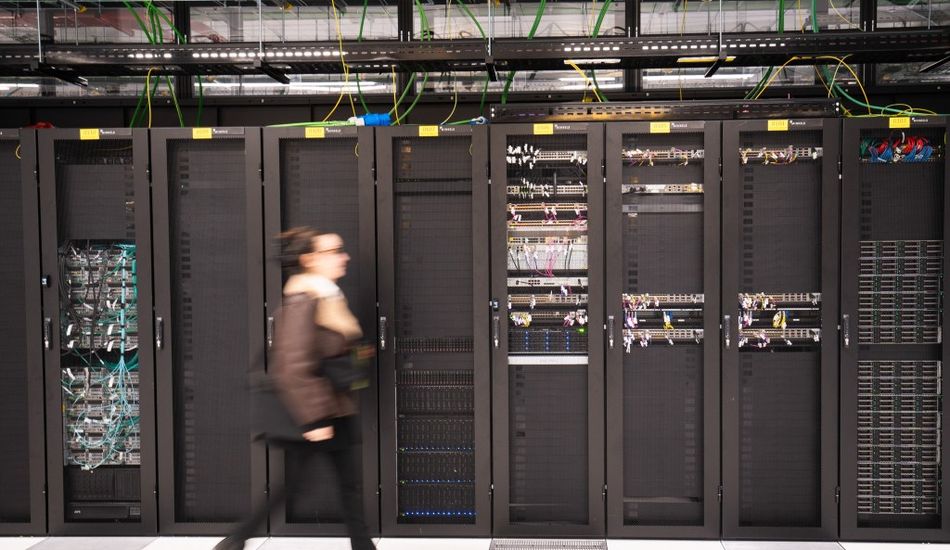
Data Centers & AI: Are Rising Electricity Bills Inevitable?
It seems like everyone's talking about AI and these massive new data centers. While they promise innovation, a recent survey reveals a growing concern among us regular folks: will all this tech gobbling up energy send our electricity bills through the roof? Turns out, a whopping 80% of consumers are worried about the impact of these energy-hungry data centers.
These concerns aren't unfounded. For over a decade, electricity demand in the U.S. was pretty stable. However, in the last five years, we've seen commercial and industrial users, including those data centers, really start to ramp up their consumption. It's like they've suddenly developed a serious thirst for power. Meanwhile, our homes aren't using drastically more electricity.
Data centers now account for about 4% of all electricity consumed in the U.S. That's more than double what they used back in 2018! And experts predict this could rise to anywhere between 6.7% and 12% by 2028. That's a significant jump.
Thankfully, renewable energy sources like solar and wind have stepped up to help meet this increasing demand. Big tech companies have been making deals for utility-scale solar projects, drawn to their affordability and speed. Solar farms can get up and running relatively quickly, delivering power to data centers even before they're fully built.
Natural gas, which is another popular energy source for data centers, hasn't been able to keep pace. Production is up, but most of that supply is going towards exports, not to power our homes and businesses. Building new natural gas power plants takes time, too. They're quoting delivery dates way out in the future.
So, where does this leave us? With slow natural gas development and potential setbacks for renewables, data center developers are facing a challenge.
Now, it's worth pointing out that AI and data centers aren't the only culprits for rising electricity demand. Industrial users also consume a lot of power. However, AI is getting a lot of the blame, likely because many people are already wary of the technology. There's a sentiment that it's being used to cut jobs rather than make employees more efficient.
Combine that with rising energy costs, and it's easy to see why people are getting worried. It's a complex issue with a lot of moving parts, but it's definitely something we need to keep an eye on.
Source: TechCrunch